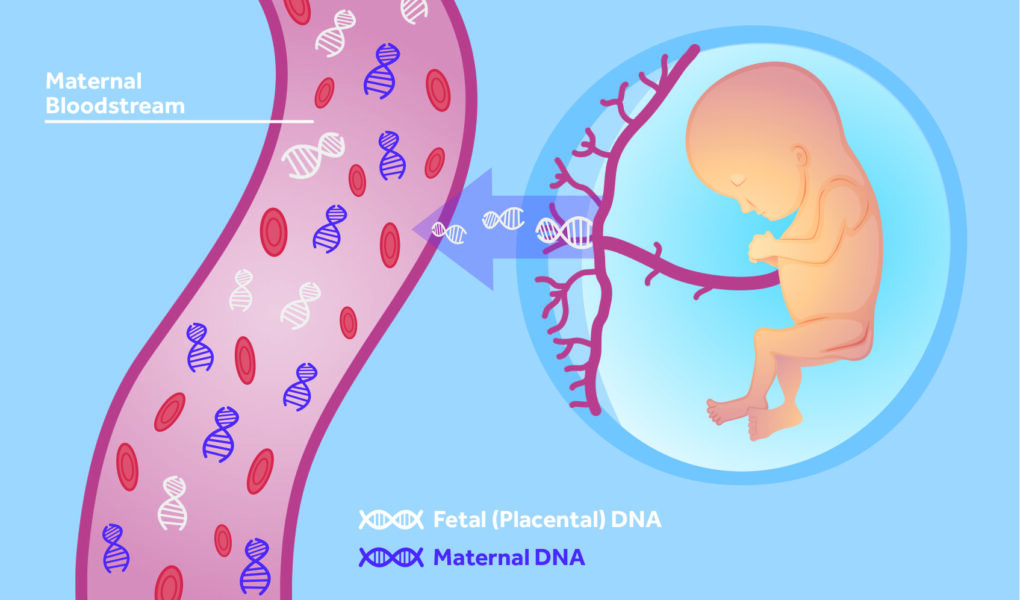With so many different tests available these days, it can be overwhelming to keep track of what each one means for you and your baby. One test that has become increasingly popular in recent years is the NIPT or non-invasive prenatal testing. But what do the results of this test actually mean?
Well, for starters, the NIPT test is a blood test that screens for chromosomal abnormalities in your baby. This means that it can detect if there are any genetic disorders such as Down syndrome or Edwards syndrome before the baby is even born. The beauty of this test is that it is non-invasive, meaning that there is no risk to you or your baby during the process.
However, while the NIPT test has a high success rate, it is not foolproof and there have been cases where it has failed to detect abnormalities. This can be scary and worrying for parents who rely on this test for reassurance. It’s important to keep in mind that the NIPT test is only a screening tool and further diagnostic testing may be needed if abnormalities are suspected.
Another thing to note is that the NIPT test can also provide information about the sex of your baby. While some parents may find this exciting and helpful for planning, it’s important to remember that gender disappointment can also occur if the desired sex is not detected.
Overall, the results of the NIPT test from unityscreen.com can be targeted toward providing valuable insight into your baby’s health, but they should always be interpreted with caution and in conjunction with other diagnostic tools.
Is Non-Invasive Prenatal Test Worth It?
Non-invasive prenatal testing (NIPT) is a medical procedure that can provide valuable information about the health of an unborn baby. This test is conducted during the first-trimester screening process and involves taking a sample of the mother’s blood to analyze the DNA of the fetus. NIPT can detect chromosomal abnormalities such as Down syndrome, Edwards syndrome, and Patau syndrome with a high degree of accuracy.
One major concern is the cost of the test, which may not be covered by insurance. Additionally, some parents may feel uneasy about the possibility of receiving a false positive result, which could cause unnecessary anxiety and stress. Ultimately, the decision to undergo NIPT should be based on careful consideration of your individual circumstances and preferences. It’s always best to discuss this option with your healthcare provider and weigh the pros and cons before making a final decision.




